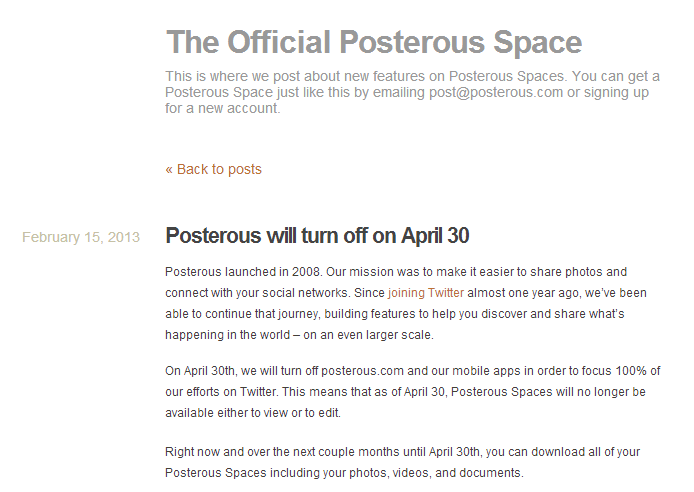A couple of weeks ago, Facebook rolled out a feature called Facebook 'Trusted Contacts'. Instead of relying on security questions and two factor authentication, Facebook is saying that they can solve the problem by using social graph. Facebook is thinking that our identities can be verified easier by sharing the secret codes with our Facebook friends. They can forward the codes to us, and we can enter them to regain access to our Facebook account.
A neat idea on the paper. I like the idea of password-less login. But asking them to send me a secret code that they received just so that I didn't choose to pick my security question or enter mobile phone number? For me, the pain of bothering someone to solve my forgotten password problem is greater than regaining access to my Facebook account.
What about this push notification that I received from Facebook Pages yesterday?
A neat idea on the paper. I like the idea of password-less login. But asking them to send me a secret code that they received just so that I didn't choose to pick my security question or enter mobile phone number? For me, the pain of bothering someone to solve my forgotten password problem is greater than regaining access to my Facebook account.
What about this push notification that I received from Facebook Pages yesterday?
 |
| Push notification that I got from Facebook Pages yesterday. Sorry, Facebook. My mom got a phone call from me instead. |




